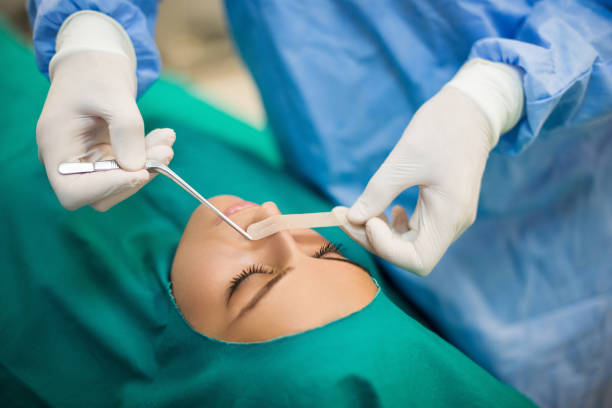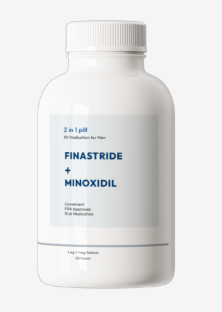Breathe Freely Again: Understanding Blocked Nose Surgery in London

Do you find yourself constantly struggling to breathe through your nose? A blocked nose can be more than just a minor inconvenience – it can significantly impact your quality of life. Whether caused by structural issues or chronic conditions, such as nasal polyps or a deviated septum, a blocked nose can make everyday activities challenging.
Fortunately, modern medicine offers effective solutions to address persistent nasal blockages. Blocked nose surgery, also known as septoplasty or rhinoplasty, is a specialized procedure designed to correct structural problems within the nose, allowing patients to breathe more easily and comfortably.
Understanding Blocked Nose Surgery
Blocked nose surgery aims to improve airflow through the nasal passages by correcting anatomical abnormalities that obstruct breathing. Here’s a closer look at the two main types of surgery commonly performed in London:
- Septoplasty: This procedure focuses on straightening the nasal septum, the partition between the nostrils. A deviated septum, where the septum is crooked or displaced, can block airflow and lead to breathing difficulties. Septoplasty realigns the septum, restoring proper airflow and alleviating nasal obstruction.
- Rhinoplasty: While often associated with cosmetic enhancements, rhinoplasty can also address functional issues like a blocked nose. Surgeons reshape the nasal structure to improve both appearance and function. This may involve reducing nasal turbinates, correcting nasal valve collapse, or adjusting the nasal framework to enhance airflow.
Candidates for Blocked Nose Surgery
If you experience persistent nasal congestion that doesn’t respond to conservative treatments such as nasal sprays or allergy medications, you may be a candidate for blocked nose surgery. Common symptoms that indicate a need for surgical intervention include:
- Difficulty breathing through the nose, especially when lying down
- Chronic nasal congestion or stuffiness
- Recurrent sinus infections due to poor airflow
- Snoring or sleep apnea caused by nasal obstruction
Consulting with a Specialist
Before undergoing blocked nose surgery in London, it’s essential to consult with an experienced ENT (ear, nose, and throat) specialist or a facial plastic surgeon. During your consultation, the surgeon will assess your nasal anatomy, discuss your symptoms and medical history, and recommend the most appropriate surgical approach for your condition.
Recovery and Expectations
Recovery from blocked nose surgery varies depending on the specific procedure performed. In general, patients can expect some swelling, congestion, and mild discomfort in the days following surgery. It’s crucial to follow post-operative care instructions provided by your surgeon to promote healing and minimize complications.
Most patients experience significant improvement in nasal breathing within a few weeks after surgery. Full recovery and final results may take several months as swelling subsides and nasal tissues heal completely.
Choosing a Surgeon in London
When considering blocked nose surgery, selecting a qualified and experienced surgeon is paramount. Dr. Bashar Bizrah is a renowned specialist in facial plastic surgery, including procedures to address nasal obstruction. With a commitment to patient care and satisfaction, Dr. Bizrah employs advanced surgical techniques to achieve optimal functional and aesthetic outcomes for his patients.
To learn more about blocked nose surgery in London and schedule a consultation with Dr. Bashar Bizrah, visit Blocked Nose Surgery in London.
Don’t let a blocked nose hinder your quality of life. Take the first step towards breathing freely again by exploring your treatment options with a trusted specialist.








